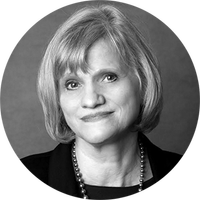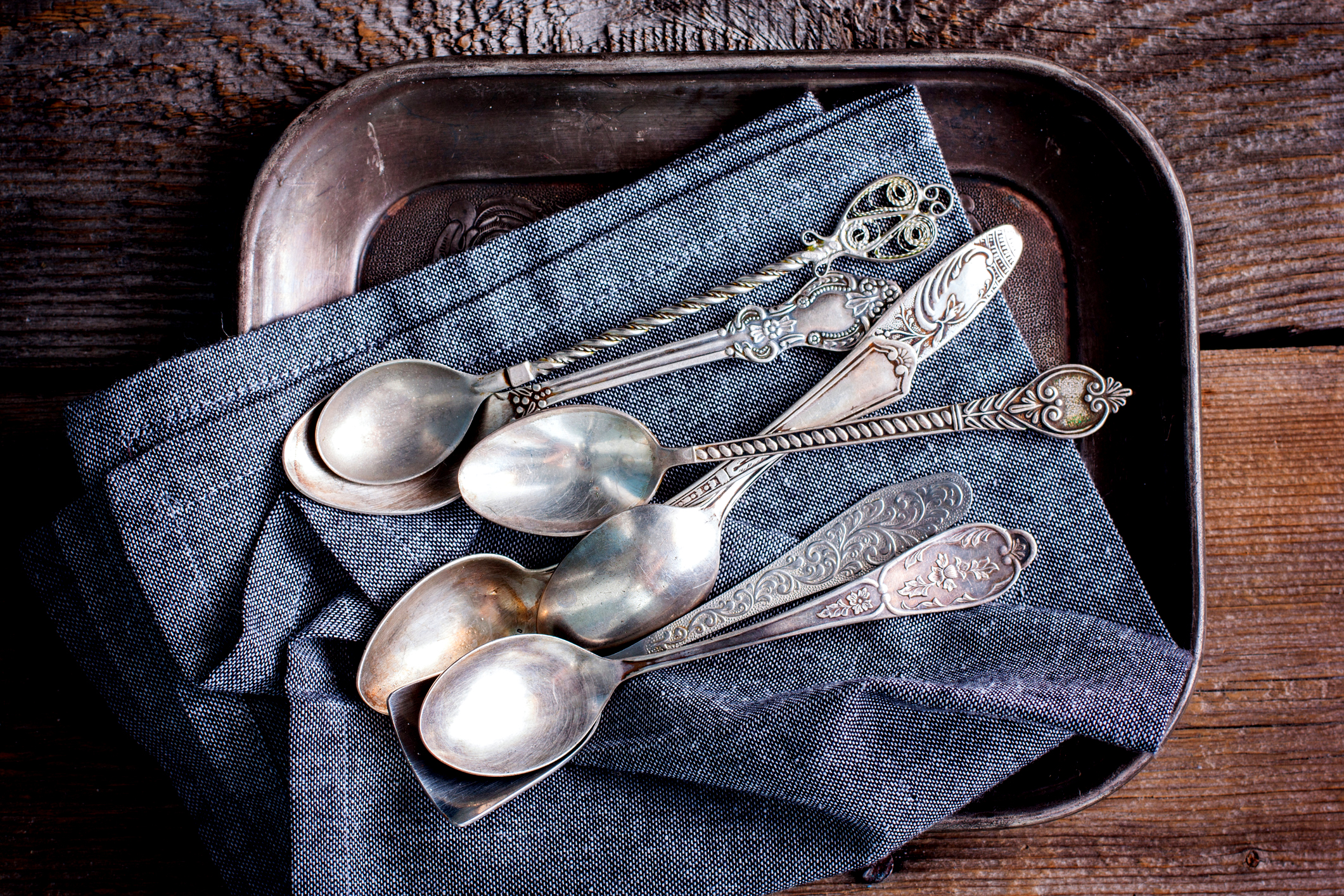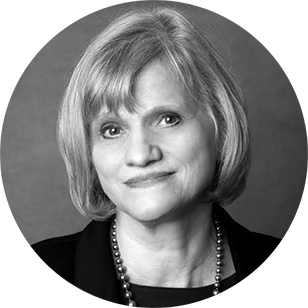How polishing my father's silver became my most meaningful holiday ritual
The Nazis took so much from my family. Somehow, the silver survived.


A free daily email with the biggest news stories of the day – and the best features from TheWeek.com
You are now subscribed
Your newsletter sign-up was successful
As soon as the leaves begin to flutter and fall, I start my holiday ritual. I fan out forks, knives, and spoons in a shining arc, like soldiers ready for inspection, then hunt for rags and silver polish. No one understands why I bother. Few know that, to me, the dull gleam of my silver represents survival.
The scrolled-edge silver plate, produced in Germany before World War II, has personal provenance. It was collected one piece at a time by my father and his first wife. The young couple added to it while setting up house in Bussum, a small city near Amsterdam, a move that brought them closer to her parents and was better for the children. Faded, black and white photos with crinkled edges show they lived in a small brick house with a yard. From there it was a short walk to the park where the children, a boy and a girl, could feed the ducks. After his job in the bicycle shop, my father wrote children's books, and, since his wife was a bookseller's daughter, she approved. Some day my father would be a famous writer — or so they hoped. They started buying silver when they wed and collected it while contemplating the very real threat of a Nazi invasion. The day the Nazis crossed the Dutch border, two of my father's brothers fled to America, but he could not — would not — leave, without his family. They had no means of escape.
My father joined the resistance, working undercover to sabotage German efforts, but he was soon captured and sent to a camp. Shortly before the Nazis came for his family, his wife entrusted the silver to a friend. You'll come back for this, the friend said, although he did not dare to believe as much. Yet, my father did survive. He found the family friend, retrieved his silver, married again, and moved to America.
The Week
Escape your echo chamber. Get the facts behind the news, plus analysis from multiple perspectives.

Sign up for The Week's Free Newsletters
From our morning news briefing to a weekly Good News Newsletter, get the best of The Week delivered directly to your inbox.
From our morning news briefing to a weekly Good News Newsletter, get the best of The Week delivered directly to your inbox.
He survived the war by working in a concentration camp kitchen, secretly eating cherry pits, potato peels, and other scraps from food prepared for the enemy. Those scraps provided meager nutrition but they saved him when so many others died. His wife and their children, my half-brother and sister, were not so lucky, nor were my grandparents or his parents-in-law. They were all murdered in the camps. My father would not know this until the war was over.
When I was growing up, he kept the silver locked in a drawer, only occasionally taking it out to look at it. Sometimes he would cry.
Years later, when the silverware became mine, I decided to use it every day. The pieces flanked the family's daily meals and were polished yearly for the holidays. The incomplete set lacked enough settings to serve holiday guests. So, castoffs were sought in consignment shops, orphan spoons and forks scouted at yard sales, until there was enough mismatched silver to marshal a dozen holiday settings.
Various faiths have been celebrated with this silverware. My father, descended from Orthodox Jews, lit candles for Shabbat, but described himself as an atheist after the war. My brother and I grew up without religious teachings, but when my parents parted, we adopted my mother's faith. For many years I wondered what religion meant to me. I wondered why religion is something people die for, something others might hate you for, and why people choose one over another, when each religion has something to offer. Today, I might describe myself as a Methodist, with Buddhist and Sufi influences, and in my extended, blended family there are people of various religious backgrounds and persuasions.
A free daily email with the biggest news stories of the day – and the best features from TheWeek.com
It's a happy collage much like my jumble of silverware — a full, occasionally mismatched, yet harmonious set. Close family forms the basic requirements and then at holidays, others — distant relatives, friends, and strangers — complete us. Our holiday feasts might not honor the holidays my father bought the silverware to observe or even the same holidays individual members of our family celebrate, yet there's a shared recognition that holidays are ultimately all simply about survival. They are about hope in the face of darkness, thankfulness for the return of the sun, the miracle of birth and of rebirth. We join hands to survive and then we celebrate our survival with a feast, wherever we come from.
The process of polishing silver is time-consuming but very satisfying. Apply paste, rub in, buff off, wash, then buff again. Hold up to the light. The pieces only dully gleam, after thousands of assaults with brushes and sponges. The knives are no longer very sharp, the prongs of some forks are awkwardly askew. In some places the scars of use betray a thinning layer of silver plate, but the pieces still defend me from despair. The glint on a fall afternoon, when the light is dying, satisfies me. It's enough to know that I survive, that we survive, that we remember those who did not and by doing so, they survive too.
Joan Vos MacDonald is a journalist and author, who has written about the creative mind, food, history, travel, the Hudson Valley, and Korean pop culture for Mental Floss, Playboy, The Los Angeles Review of Books, Chronogram, and Hudson Valley Magazine.
-
 Why is the Trump administration talking about ‘Western civilization’?
Why is the Trump administration talking about ‘Western civilization’?Talking Points Rubio says Europe, US bonded by religion and ancestry
-
 Quentin Deranque: a student’s death energizes the French far right
Quentin Deranque: a student’s death energizes the French far rightIN THE SPOTLIGHT Reactions to the violent killing of an ultraconservative activist offer a glimpse at the culture wars roiling France ahead of next year’s elections
-
 Secured vs. unsecured loans: how do they differ and which is better?
Secured vs. unsecured loans: how do they differ and which is better?the explainer They are distinguished by the level of risk and the inclusion of collateral
